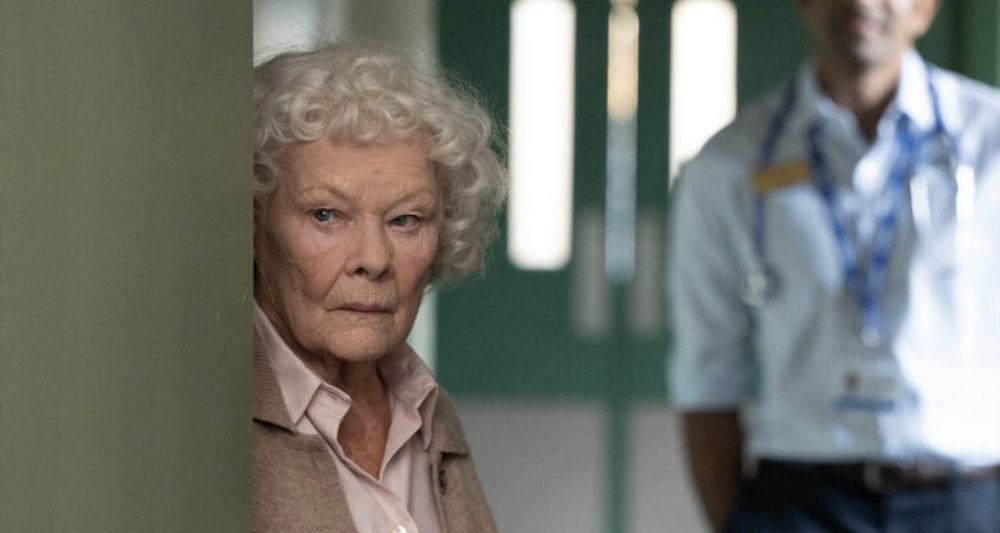By Chlotrudis Independent Film Society
Rating: 2 cats
Director: Richard Eyre
Starring: David Bradley | Jesse Akele | Jessica Baglow | Paul Butterworth | Ray Burnet

Country: united_kingdom
Year: 2022
Running time: 99
IMDB: https://www.imdb.com/title/tt15765412/reference/
Brett says: “A few scenes into ALLELUJAH, it might become apparent that this could function as a stage play, and—of course—that is because it is actually based on a stage play. The film is heavily reliant upon the performances of the actors to make dramatic dialogue come to life, but a few of the rhythmic volleys cannot help but feel as if they would be more animated and effective if they were preserved for live performance with a live audience.
“The film is a look into the British national healthcare system, specifically the field of geriatrics. The film scopes the bounds created by outside sources on elderly care facilities, the difficulty of management within those bounds, how to pay for it, and how to implement it. And don’t forget, as the film so precisely point outs, there are people, families, emotions, and sanctity of life at play.
“Before the audience is introduced to the facility that serves as the locale for the largest portion of the film, however, the tone is set by following one of the main characters, Doctor Valentine, to work. In this introductory voiceover narration, the audience is subject to a rather preachy monologue about love of the elderly that feels far more forced and thereby less effective than if the audience had a chance to see compassion in action rather than lectured about it first. In fact, the opening exposures to most of the characters are heavy-handed with little subtlety or nuance in the pacing of these introductions.
“The doctor operates with a utopian outlook, which serves as contrast to one other particular worker: Nurse Gilpin (Jennifer Saunders). Sister Gilpin is more of a pragmatist in the given conditions, and the film conventionally pairs the two characters in select scenes in and out of the care facility for the contrasts to become obvious and apparent, overbearingly so at times. Both are finding a fit within the healthcare system and playing with the cards dealt to them in their own respective ways.
“The films seeks to expose an enigmatic system that is still necessary in the service it provides. Again, the drum beat of ‘love, love, love’ pounds over and over again as if to remedy the challenges of system. Playing underneath, however, are a few unanswered questions for consideration—and some answered with skepticism—such as ‘if you love them, why do you put them away?’
“It is a very accessible and predictable drama without much demand on the audience. The depth of cheeky banter among patients and staff is the only real elevated attempt from the film. This works nicely for those who find comfort in a smooth, conveniently paved plot. A couple of rug-pulling moments deeper into the film distract from—and possibly even conflict with—these thematic connect-the-dots story arcs and may leave audiences shaking their heads with disapproval. One is best left as its own reveal and the other is a rapid shift toward the end of the film that focuses on caregivers in a COVID-19 pandemic setting. What’s more is that the film reaches with another pulpit speech thereafter when the lead actor confronts and addresses the audience directly in a lecture that feels unnecessary. If only there had just been more care given toward cinematically showing the audience the way in the first place rather than speechifying about it so much on top of the narrative itself.
“It has a rather Hallmark or soap opera overtone, but it’s blanketed with a few clever give-and-takes that make it watchable. 2 cats out of 5“
